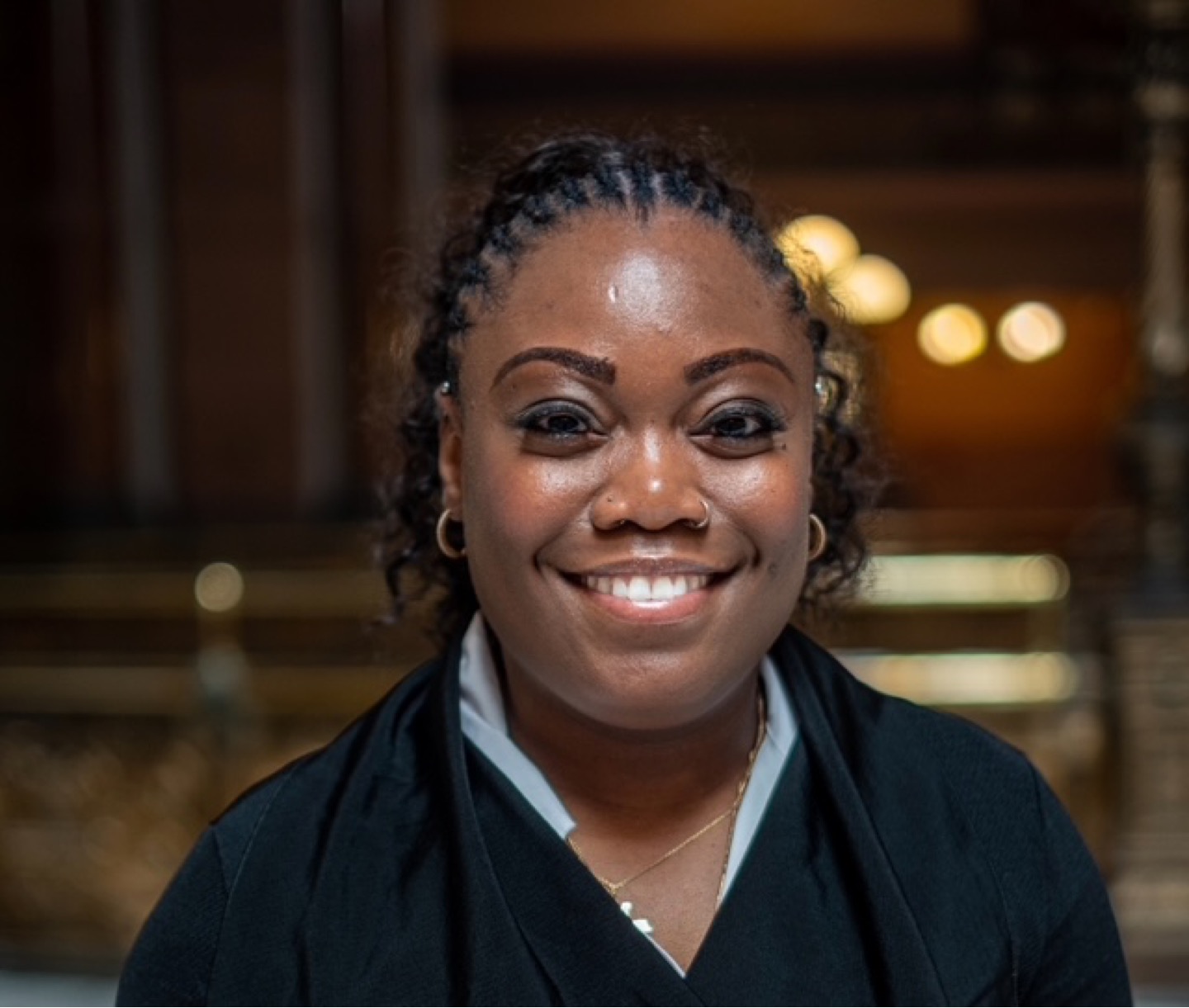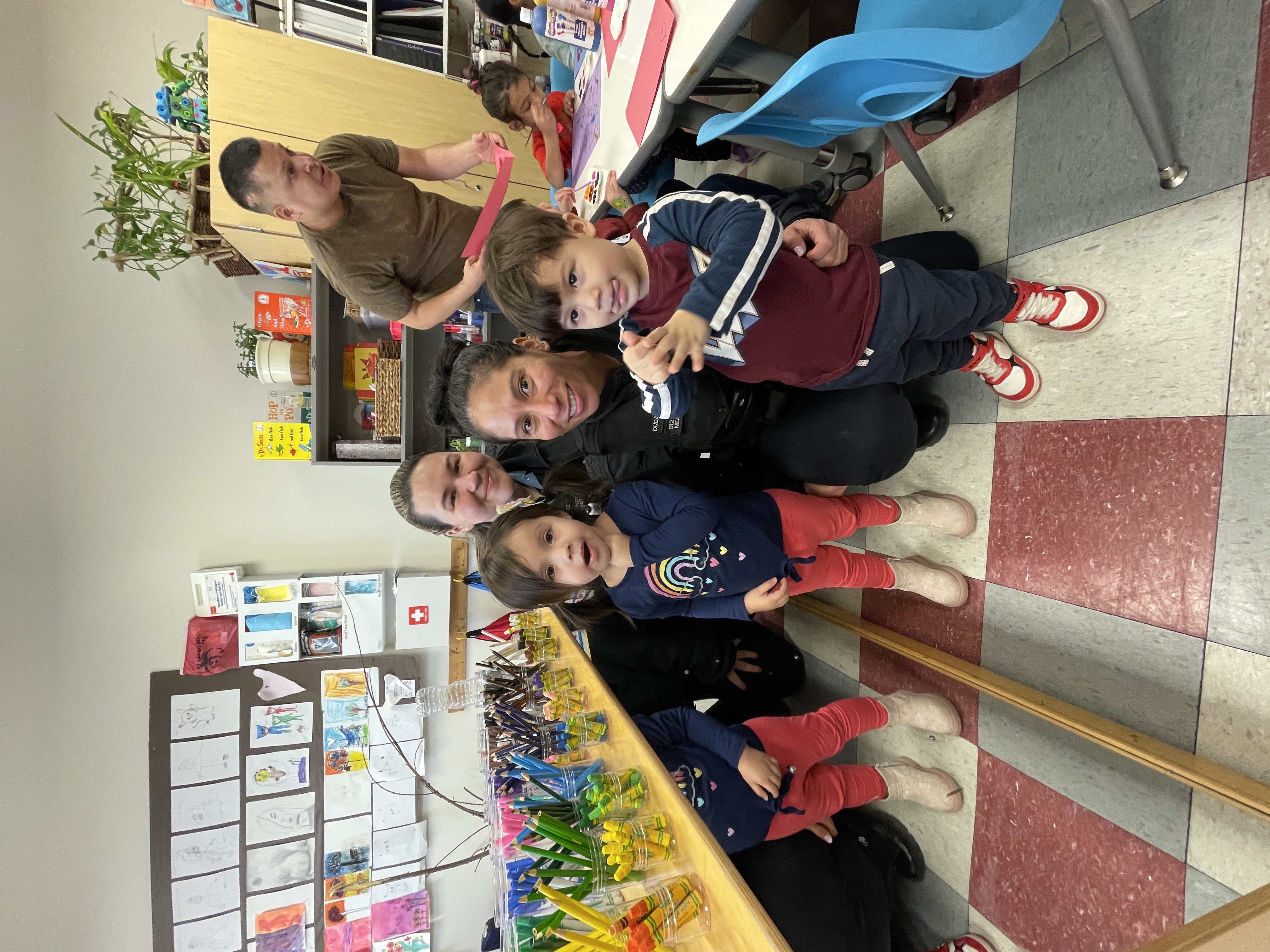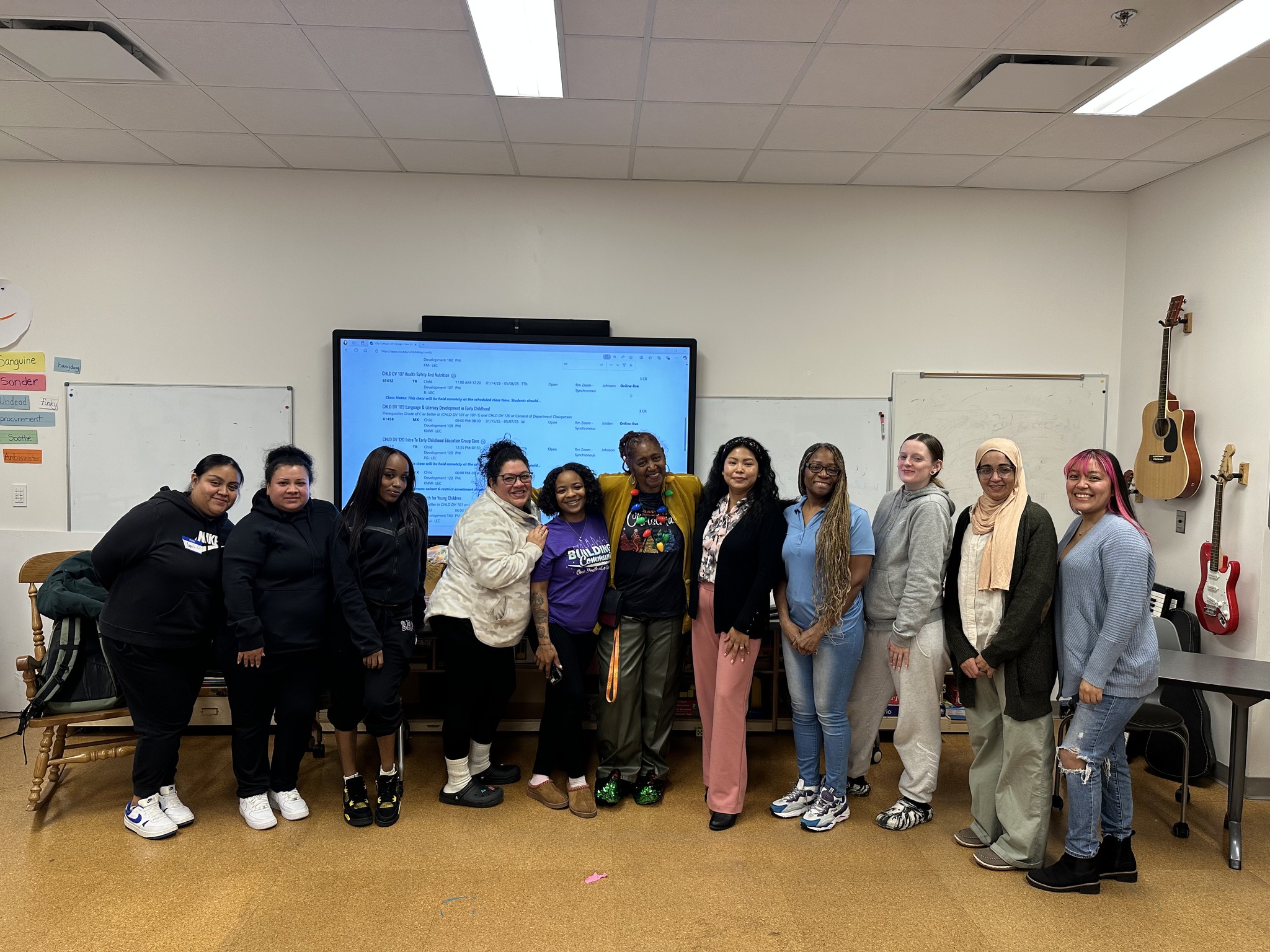The hardest part of losing someone isn’t having to say goodbye, but rather learning to live without them. Always trying to fill the void, the emptiness that’s left inside your heart when they go.” –Author Unknown
Grief is a universal experience, yet each person’s journey through it is unique. At Chicago Commons, we recognize the profound emotional impact that loss can have on individuals and families in our community. Whether it’s the loss of a loved one, a significant change, or another life-altering event, grief can manifest in overwhelming ways. Here, we offer guidance on understanding grief, and finding supportive ways to cope.
Understanding Grief
- Grief is a natural response to loss, particularly after the death of a loved one. It’s not just emotional; grief often includes physical symptoms such as fatigue, nausea, headaches, or insomnia. You may experience behavioral changes like confusion, difficulty focusing, or a sense of hopelessness. These feelings, though intense, are a normal part of the grieving process.
- However, some individuals experience complicated grief—an extended and more intense state of mourning. This can include denial of the loss, preoccupation with the deceased, and even feelings of guilt or blame. Recognizing the signs of complicated grief is essential for seeking the support needed to heal.
The Stages of Grief
- Grief is often described through five stages: denial, anger, bargaining, depression, and acceptance. It’s important to note that these stages are not linear, and individuals may move back and forth between them. Understanding these stages can help us recognize where we are in our own grieving process and provide insight into what might come next.
-
- Denial: You may refuse to accept the loss, feeling as though it can’t be real.
-
- Anger: Once the loss is acknowledged, it’s common to feel frustration or anger, either at yourself, others, or the circumstances.
-
- Bargaining: You might find yourself thinking, “If only…” and trying to make deals or promises in hopes of changing the outcome.
-
- Depression: As the reality of the loss sets in, deep sadness may take over, leading to withdrawal from social activities.
-
- Acceptance: Over time, acceptance allows you to make peace with the loss — though it doesn’t mean the pain is gone—it becomes more manageable.
How to Cope with Grief
- Coping with grief is deeply personal, but there are ways to navigate the difficult emotions that come with loss. At Chicago Commons, we encourage you to:
-
- Talk to someone: Reach out to a trusted friend, family member, or counselor who can listen to your feelings without judgment.
-
- Create rituals: Honor your loved one’s memory through meaningful rituals, such as lighting a candle or visiting a special place.
-
- Seek support: Consider joining a support group to connect with others who are going through similar experiences. You don’t have to face this journey alone.
-
- Engage in self-care: Pay attention to your emotional and physical well-being. Gentle exercise, a balanced diet, and sufficient rest can help your body, mind, and spirit heal.
At Chicago Commons, we are here to support you. Our mission is to empower individuals, families, and communities to overcome challenges and thrive across generations. If you or someone you know is struggling with grief, reach out to us. Together, we can find the strength to heal.
For more information about our services, visit https://www.chicagocommons.org/family-hub/




